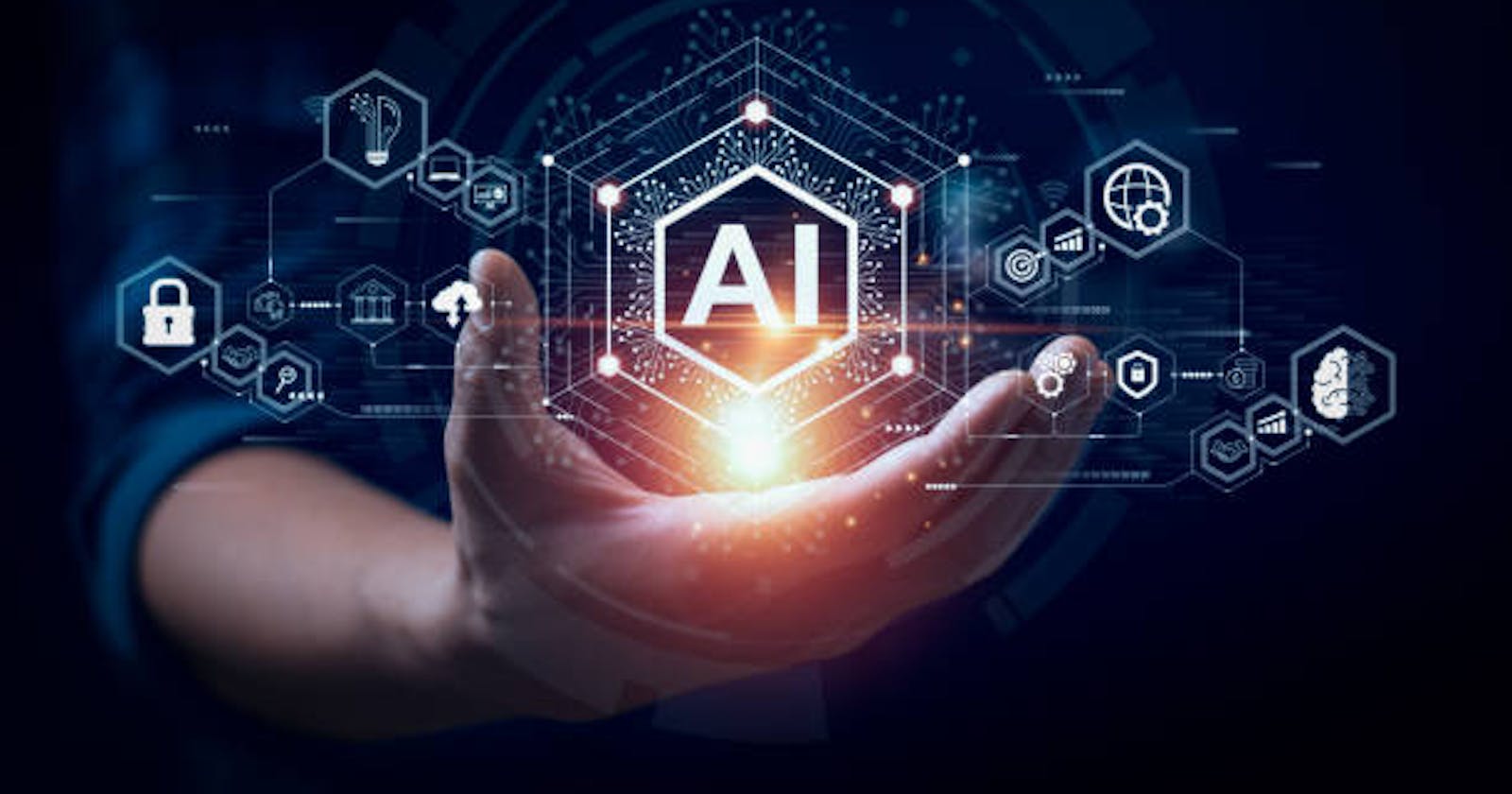Introduction
Artificial Intelligence (AI) has emerged as a transformative force in numerous industries, and software development is no exception. In recent years, AI has played a pivotal role in shaping the way software is created, maintained, and deployed. This article explores the growing significance of AI in software development, its key implications, and the remarkable opportunities it offers to developers and businesses.
Enhancing Efficiency and Automation:
One of the most profound impacts of AI in software development is its ability to enhance efficiency and automate various tasks. AI-powered tools and frameworks have streamlined development processes, enabling developers to focus on creativity and problem-solving rather than routine, time-consuming tasks. Code generation, testing, and debugging are just a few examples of areas where AI is making a significant difference. With the help of AI, developers can automatically generate code snippets, identify and fix bugs, and even perform comprehensive testing, leading to faster and more reliable software development.
Predictive Analysis and Decision Support:
AI's predictive capabilities are invaluable in software development. AI models can analyze historical data to predict potential issues, trends, and user behaviours. For example, predictive analytics can help software teams anticipate system failures, plan for scaling needs, and optimize user experiences based on historical patterns. Moreover, AI systems can assist in decision-making by providing insights into code quality, performance, and potential vulnerabilities. Developers can make informed choices based on the data-driven recommendations provided by AI tools, resulting in higher-quality software.
Natural Language Processing and Chatbots:
AI-driven Natural Language Processing (NLP) is transforming communication and support in software development. Chatbots and virtual assistants powered by NLP can interact with developers and end-users, addressing queries, providing documentation, and even assisting in troubleshooting. These chatbots are capable of understanding natural language and can offer 24/7 support, significantly improving user satisfaction and reducing the burden on human support teams. This accessibility to information and support plays a pivotal role in enhancing the overall software experience.
Enhanced User Experiences:
AI is instrumental in creating more personalized and intuitive software applications. Machine learning algorithms analyze user behaviour and preferences to tailor the user interface, content, and features, resulting in a highly engaging and customized experience. Recommendation systems in e-commerce, content delivery platforms, and social media applications use AI to provide users with content and products that align with their interests. In software development, AI is helping to bridge the gap between technology and user expectations.
Security and Vulnerability:
Detection AI is a crucial asset in the ongoing battle against cyber threats. Machine learning algorithms can detect anomalies and patterns that might indicate security breaches. Additionally, AI-driven systems can identify vulnerabilities in code and infrastructure, enhancing software security. AI can continuously monitor networks and applications, providing real-time alerts about potential security breaches, and enabling rapid response to mitigate risks. In a world where data breaches are a constant concern, the significance of AI in fortifying software security cannot be overstated.
Accelerated Research and Development:
AI is revolutionizing the research and development process for software solutions. Machine learning models can assist in complex problem-solving, data analysis, and hypothesis testing. This accelerates the pace of innovation, allowing developers to experiment and iterate more rapidly. Furthermore, AI can assist in the research phase by identifying relevant studies, summarizing research papers, and suggesting potential approaches to complex problems. This collaborative aspect of AI fosters a culture of continuous learning and innovation within software development teams.
Continuous Improvement and Maintenance:
AI's role in software development extends beyond the initial release. Machine learning models can monitor software performance, collect user feedback, and automatically apply updates and improvements. Continuous integration and deployment (CI/CD) pipelines benefit greatly from AI-driven automated testing and deployment processes. The ability to detect and rectify issues in real-time, such as performance bottlenecks or crashes, ensures that software remains reliable and up-to-date. AI also plays a role in maintaining the software's health and longevity, making it an essential part of the DevOps process.
Conclusion
AI has become a driving force in the world of software development, enhancing efficiency, improving security, and transforming the way software is designed and maintained. Its significance lies in its capacity to automate routine tasks, provide data-driven insights, and augment human creativity. As AI technologies continue to advance, software developers and businesses alike will benefit from the remarkable opportunities AI presents for innovation and growth in the industry. Embracing AI is not just a choice; it's a necessity for staying competitive in the rapidly evolving software landscape.
